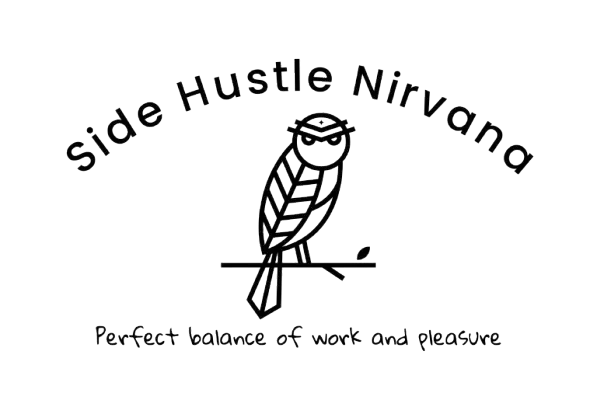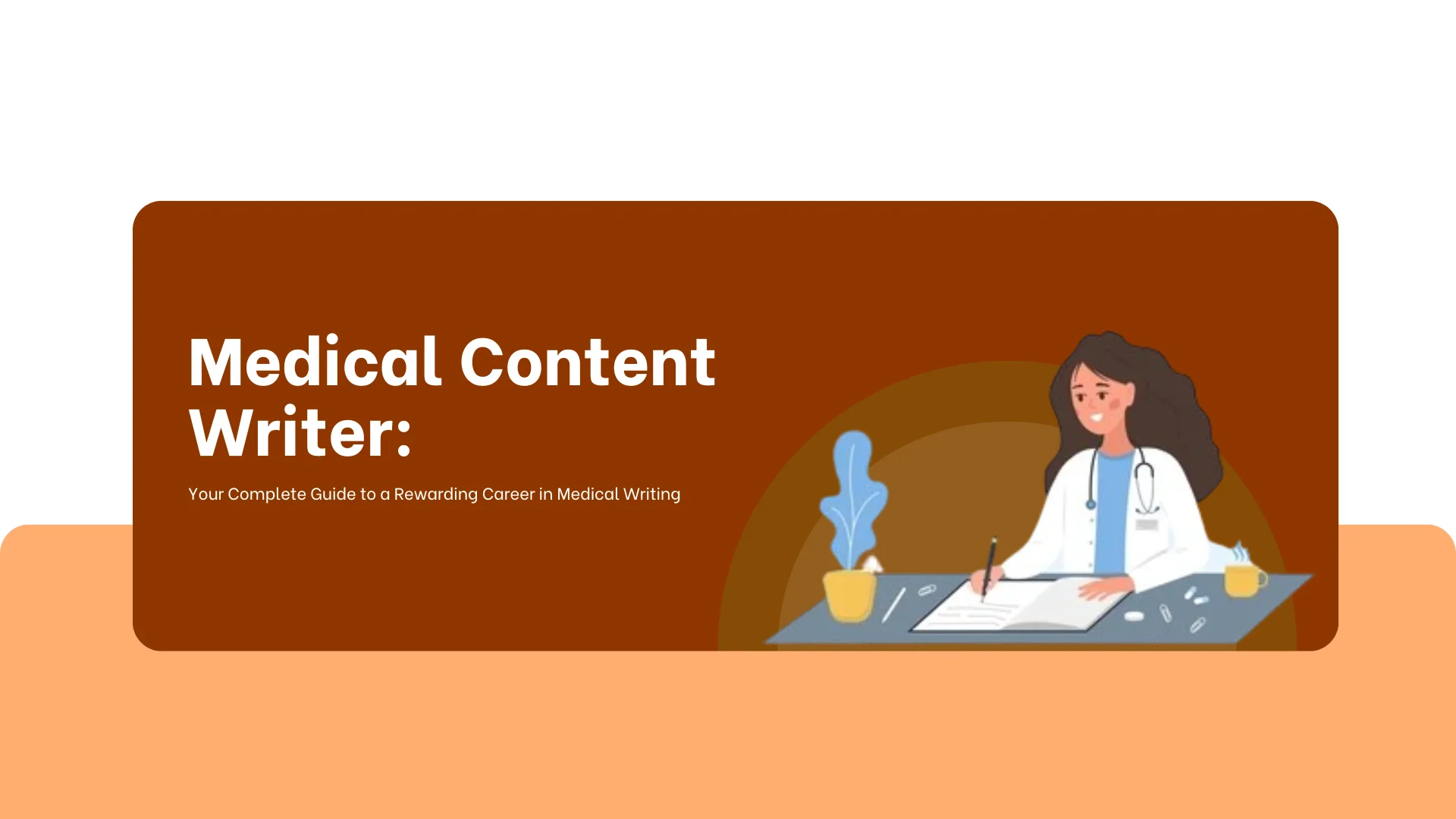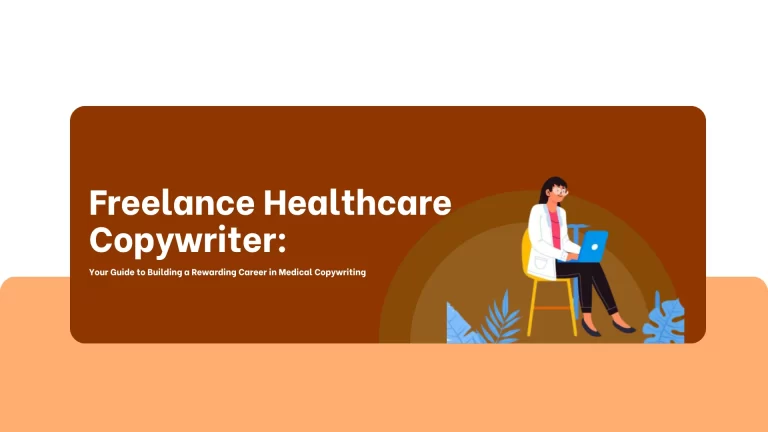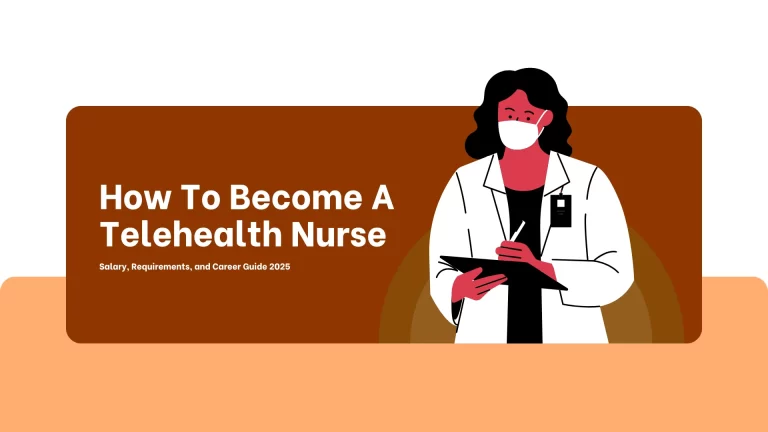Medical Content Writer: Your Complete Guide to a Rewarding Career in Medical Writing
Introduction
The health and pharmaceutical industries are booming, and alongside this growth comes an urgent need for expert medical communicators who can present complex concepts in clear, engaging ways. Enter the medical content writer, a role at the forefront of translating scientific and healthcare data into critical resources for professionals, patients, and the general public. Whether you’re creating a patient education brochure or a regulatory submission for a cutting-edge drug, medical writers serve as a bridge between science and communication.
This is an incredibly exciting time to join the field. Whether you’re looking to start as a freelance medical content writer or aim for full-time employment, this guide covers everything you need to know to succeed in your medical writing career.
What Is a Medical Content Writer?

Understanding the Role of a Medical Content Writer
A medical content writer specializes in creating accurate, actionable, and often highly technical content tailored to diverse audiences. From research publications for doctors to user-friendly health guides for patients, they play a pivotal role in sharing vital information.
Common Types of Medical Content:
- Research Articles: Published studies or summaries within scientific journals.
- Patient Education Materials: Simplified guides designed to help patients manage health conditions.
- Marketing Materials for Healthcare Products: These include ad copy, brochures, or email campaigns that help promote new drugs, medical devices, or hospital services.
Why Is This Role Important?
The healthcare and pharmaceutical space hinges upon trust. Accurate and well-communicated materials build that trust, improving comprehension and compliance for patients and aiding professionals in staying informed about latest developments. Simply put, medical content writers make complex ideas accessible, fulfilling a crucial need in healthcare.
Types of Medical Writing Careers
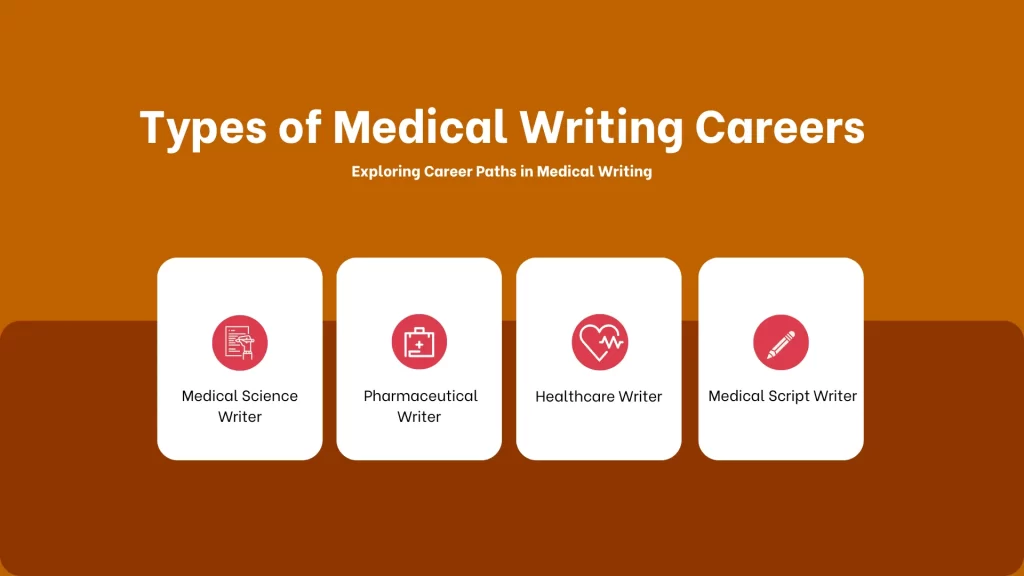
Exploring Career Paths in Medical Writing
If you’re considering this field, there’s no shortage of medical writer job profiles to choose from. Here are some of the most common pathways:
1. Medical Science Writer
Medical science writers focus on technical, evidence-based content. Think peer-reviewed papers, clinical trial documentation, or white papers. Their work is rooted in translating raw data into digestible insights for industry professionals.
2. Healthcare Writer
A subset of medical writing, healthcare writers craft content for the general public. This could include blog posts on health tips, patient FAQs, or newsletters that highlight medical trends.
3. Pharmaceutical Writer
Pharmaceutical writers support drug development by preparing regulatory submissions, marketing collateral, and training guides for sales teams. Their work ensures compliance with industry standards like those set by the FDA or EMA.
4. Medical Script Writer
Medical script writers develop scripts for training videos, animations, or even promotional materials. Their work may involve storytelling to simplify difficult topics for easy comprehension.
The beauty of the medical writing career is its flexibility—these varied roles suit both technical minds and creative spirits alike.
What Does a Medical Writer Do?
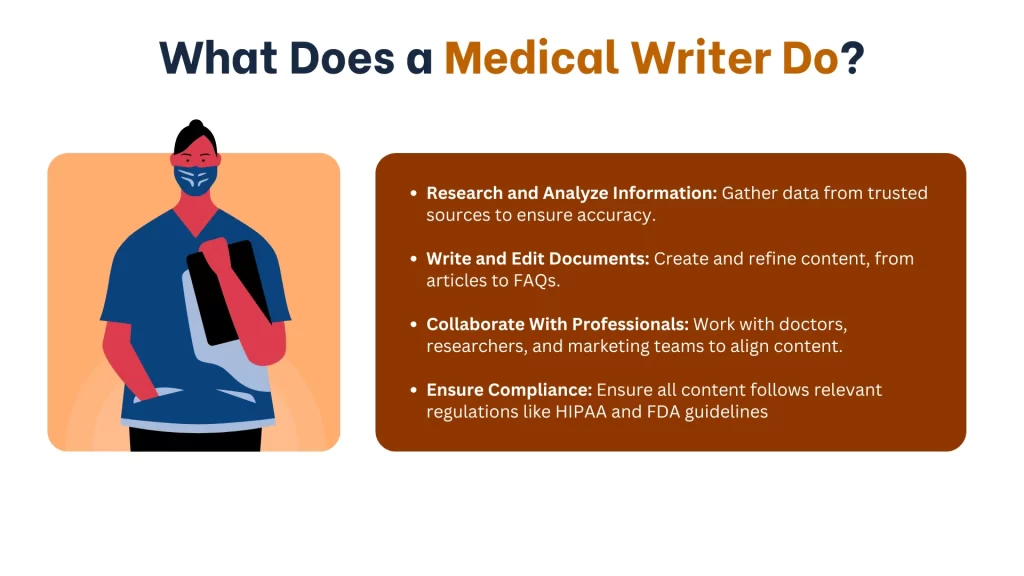
Key Duties and Responsibilities of Medical Writers
A medical writer’s job description includes a variety of roles and responsibilities, from collaborating with scientists to compliance monitoring. Here’s a closer look:
1. Research and Analyze Medical Information
Medical writers source information from journals, clinical trial results, and trusted healthcare databases to ensure their work is thorough and evidence-based.
2. Write and Edit Documents
From lengthy scientific manuscripts to concise patient FAQs, writing is the core of every project undertaken by a health writer.
3. Collaborate With Professionals
Medical writers often liaise with doctors, researchers, marketing teams, and graphic designers to align written content with broader project goals.
4. Ensure Compliance
Whether it’s writing patient-facing material that complies with HIPAA guidelines or producing promotional content that adheres to FDA regulations, understanding compliance is crucial for success in this industry.
If you’re asking, “What does a medical writer do daily?”, the answer is complex but rewards those who thrive in dynamic environments.
Medical Writer Qualifications and Requirements
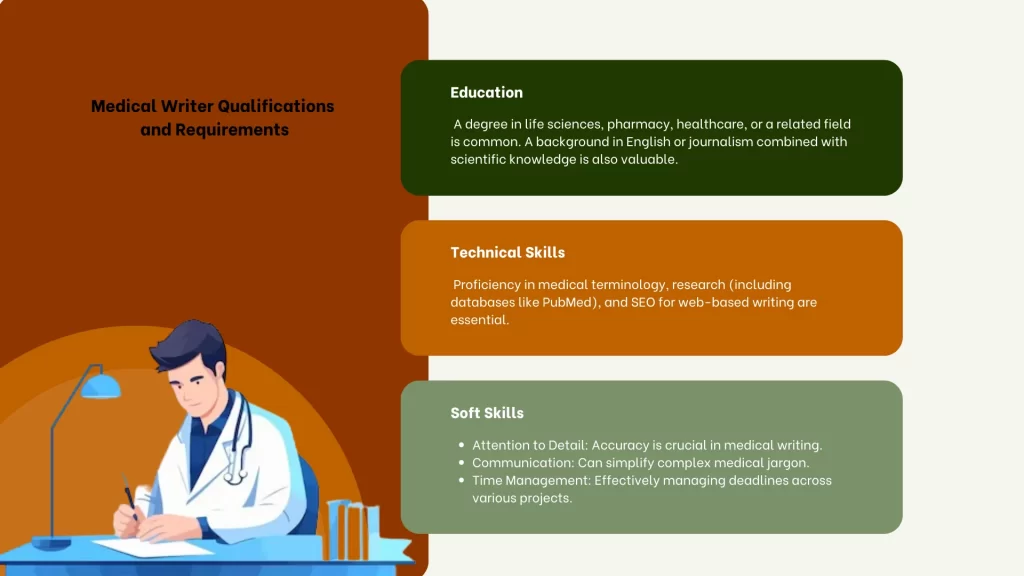
What Does It Take to Become a Medical Writer?
1. Education
At a minimum, medical content writers typically hold a degree in a field like life sciences, pharmacy, or healthcare. A background in English, journalism, or communications can also work if combined with scientific knowledge.
2. Technical Skills
- Familiarity with medical terminology.
- Research experience, including familiarity with databases like PubMed.
- SEO knowledge, especially for web-based medical writing.
3. Soft Skills
- Attention to Detail – Errors in a document can have serious consequences.
- Communication – Simplifying difficult jargon without losing accuracy.
- Time Management – Balancing tight deadlines across multiple assignments.
Cultivating these skills for healthcare writers is key to standing out in the competitive job market.
Steps to Launch Your Medical Writing Career

The Roadmap to Success
Launching a medical writing career can be daunting, especially if you have no direct experience. Use these steps to build your foundation:
1. Gain Relevant Education
Though formal training in medical writing isn’t always mandatory, enrolling in specialized courses, such as those offered by the American Medical Writers Association (AMWA), can set you apart.
2. Build a Portfolio
Start small. Write guest articles for healthcare blogs, or draft mock regulatory documents. A strong portfolio is essential when applying for freelance medical writing jobs.
3. Start Freelancing
Freelancing lets you gain field experience while gradually building a client base. Platforms like Upwork and Fiverr are great places to look for your first gig.
4. Network Actively
Join medical writing groups on LinkedIn or attend industry meet-ups. Networking is often the fastest route to securing high-quality projects.
These actionable tips ensure you’re not only prepared but also competitive, even if you’re new to the profession.
Why Freelancing Is a Great Option for Medical Writers
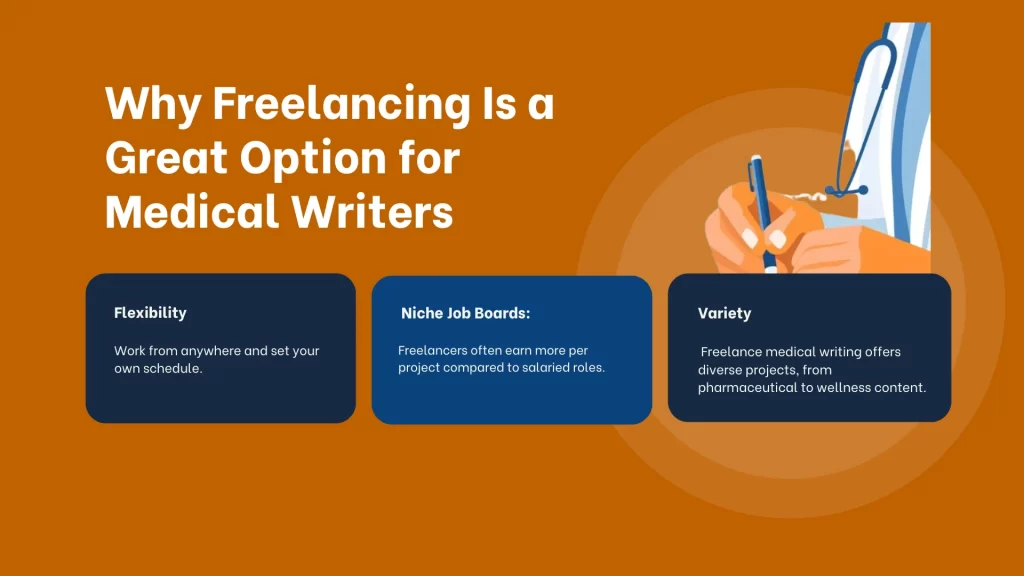
The Benefits of Freelancing
- Flexibility: Work from anywhere in the world.
- High Pay: Freelancers can earn significantly more per project compared to salaried positions.
- Variety: Opportunities range from pharmaceutical campaigns to consumer-friendly wellness blogs.
Freelancing also allows creative freedom, with projects tailored to fit your expertise and interests.
Salary Expectations for Medical Writers
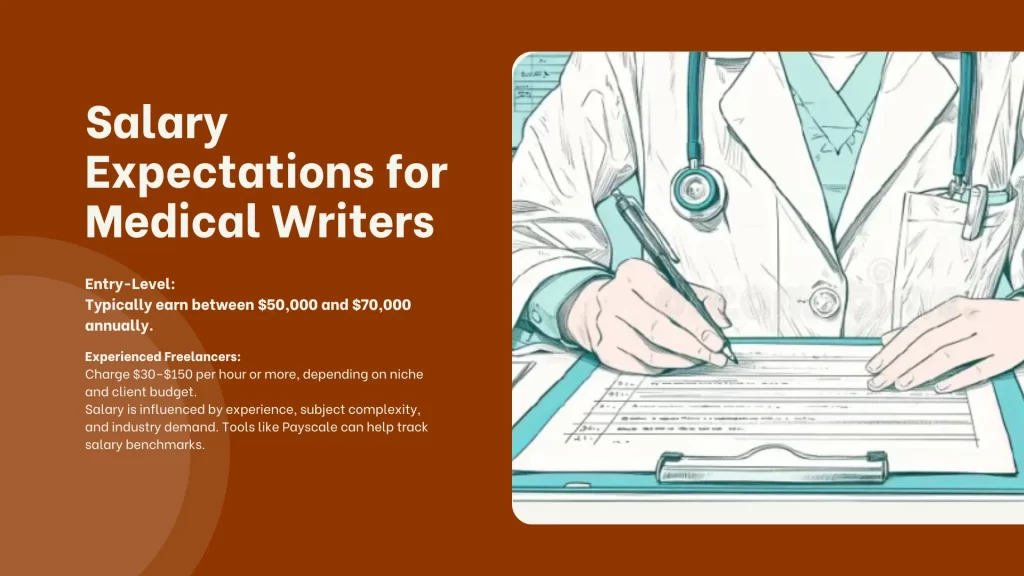
Breaking Down the Earnings
How much does a medical content writer truly earn?
- Entry-level medical writers typically earn between $50,000 and $70,000 annually.
- Experienced freelancers working on-demand projects may charge $30–$150 per hour or more, depending on niche and client budget.
Factors such as experience level, subject complexity, and industry demand impact these figures. Tools like Payscale are perfect for checking salary benchmarks.
Common Challenges in Medical Writing and How to Overcome Them
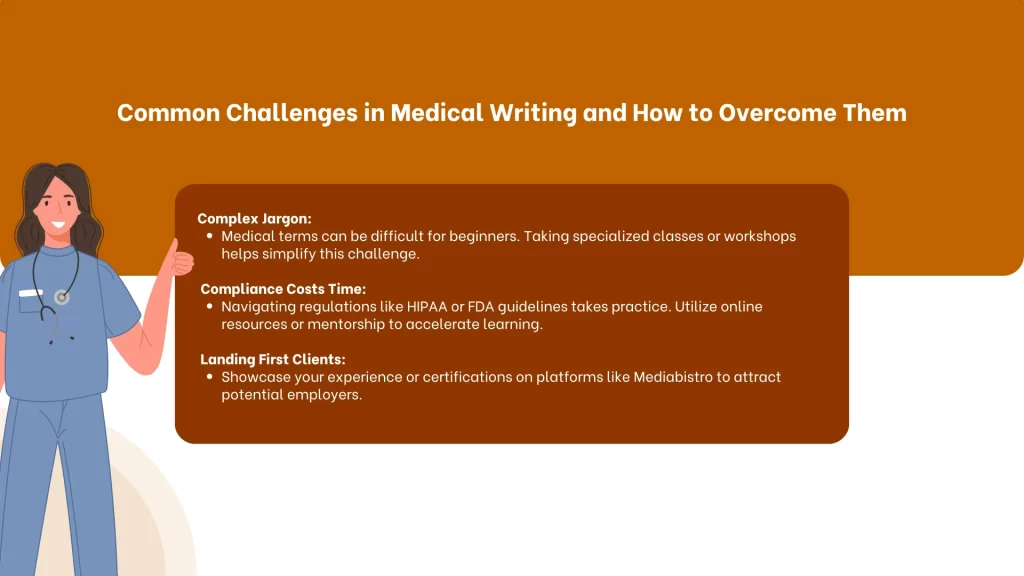
1. Complex Jargon
Medical terms can feel impenetrable to beginners. Proactively investing in classes or workshops simplifies learning curves.
2. Compliance Costs Time
Navigating HIPAA or FDA guidelines needs practice. Use online resources or mentorships to fast-track expertise.
3. Landing First Clients
Easy fix? Showcase your experience or certifications on Mediabistro to impress employers.
Anyone starting in medical writing must expect obstacles but trust the rewards. Consistency is key.
Conclusion
The role of a medical content writer is both impactful and exciting, offering a unique blend of creativity, science, and communication. Whether aspiring to full-time or freelance work, this career provides unparalleled flexibility and variety, along with opportunities for professional growth.
Don’t wait—start your medical writing career now! There’s a wealth of demand for skilled professionals. Take the first step by exploring job boards, building your skills, and networking in this thriving industry.
